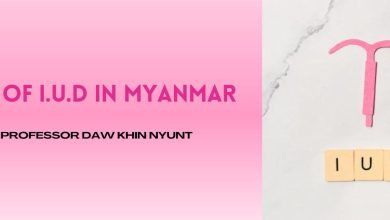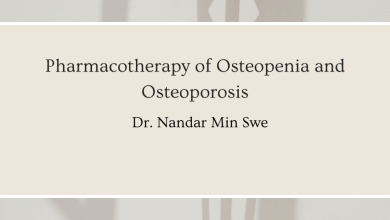It is understood the medical treatment for the Old Elderly) should be different and not exact copies of young adults. As students, “a child is not a young adult” was drummed into us and so it is with the elderly: they are not “old” adults. “It should be noted that clinical trials of medical treatment, including advice on medical diets, are mostly based on young adults as subjects and may not fit the elderly whose metabolism has changed.
This is a review and short summary of the article: “Severely frail elderly patients do not need lipid-lowering drugs”. Cleveland Clinic Journal of Medicine (Vol.84, No.2. February 2017). The authors summarize that “after performing a systematic review, members of the Palliative and Therapeutic Harmonization (PATH) program and the Dalhousie Academic Service Program Detailing Service found that evidence does not support lipid-lowering therapy for severely frail elderly patients”.
Other key points include: There is no reason to prescribe or continue statins for primary prevention in severely frail elderly patients, as these drugs are unlikely to provide benefit in terms of outcomes relevant to the population.
Statins are probably not necessary for secondary prevention in patients who are severely frail, although there maybe extenuating circumstance for their use.
There is no reason to start or continue statins for heart failure, as there is insufficient evidence that they are effective for this indication in any population.
There is no reason to start or continue any lipid lowering drugs in conjunction with statins.
As the elderly may be more vulnerable to the side effects of statins, lower doses may be more appropriate if these drugs are prescribed.
If there is concern regarding myopathy, a drug interaction, or other adverse effects, consider a trial of statin discontinuation.
Aung Than Ba Tu
Emeritus Medical Researcher
Ministry of Health, Myanmar







